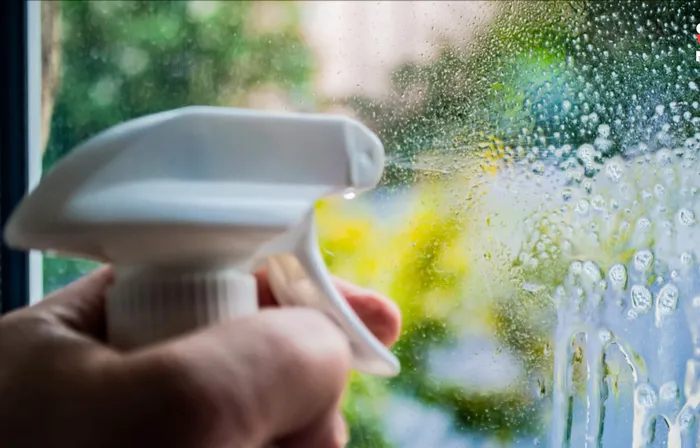Everyday products behind hundreds of poisoning cases in Western Cape

Poisons information helpline in the Western Cape revealed that from the beginning of this year until the end of June, there were 6,142 reported poisoning cases, with 514 linked to common household items such as bleach, detergents, air fresheners, and polishes, according to the Tygerberg Hospital.
Image: FILE
Poisons information helpline in the Western Cape revealed that from the beginning of this year until the end of June, there were 6142 reported poisoning cases, with 514 linked to common household items such as bleach, detergents, air fresheners, and polishes, according to the Tygerberg Hospital.
The helpline service is found at the Tygerberg Hospital and Red Cross War Memorial Children’s Hospital, but covers the whole province.
Top household culprits include bleach with 148 cases; general cleaners like dishwashing liquid and laundry detergents with 123 cases; air fresheners and deodorisers with 54 cases; floor, shoe and car polishes with 30 cases; and drain cleaners with 29 cases, said Laticia Pienaar, the Tygerberg Hospital’s spokesperson.
She said of the reported household product poisonings, 243 involved children under the age of five.
Cindy-Lee Golding, a specialist at the Tygerberg Poisons Information Centre, said many poisoning incidents occur not from neglect, but from everyday accidents.
“A momentary lapse, such as leaving a bottle open or storing a cleaner within reach, can have serious consequences. Simple precautions, like locking chemicals away, using childproof caps, and educating children about the dangers, can save lives. Prevention is the most powerful protection we have," she said.
The Tygerberg centre urged families to securely store chemicals, avoid transferring cleaning products into drink containers, and maintain good ventilation while cleaning.
According to ChildSafe, a non-profit organisation based at the Red Cross War Memorial Children’s Hospital, families should follow these safety tips:
- Store poisonous products out of sight and reach of children, preferably in a locked cupboard.
- Put poisonous substances away immediately after use.
- Remember that childproof containers are not 100% childproof.
- Administer medicines in a well-lit room, read instructions carefully, and follow the prescribed dose.
- Never refer to medicines as sweets or make them attractive to children.
- Avoid taking medicines in front of children, as they love to imitate adults.
- Do not share medicines or store them in handbags.
- Dispose of unnecessary medicines safely; unused medications can be returned to local clinics.
- Keep handbags containing cosmetics out of reach.
- Always leave chemicals and detergents in their original containers; never transfer them to drink bottles.
- Keep loose batteries and battery-powered devices away from children; place sticky tape over the battery case if necessary.
- Teach children about the dangers of eating anything from the garden.
- Be especially cautious when visiting other homes, as they may not have stored poisons safely.
Related Topics: